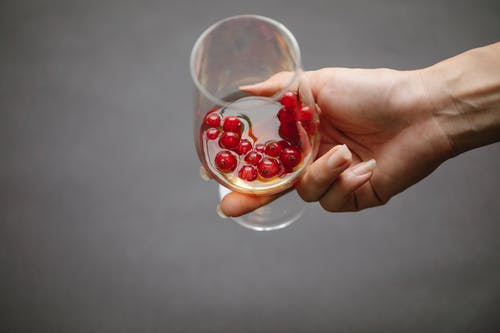A research team in Sweden found TMS could be an effective option for treatment of alcohol addiction.
The Center for Social and Affective Neuroscience, Department of Biomedical and Clinical Sciences, Linköping University, Sweden, has released a study in which deep, repetitive transcranial magnetic stimulation (TMS) showed promise for the treatment of alcohol addiction. The findings were published in the December 5 online edition of Biological Psychiatry.
The team noted, “Alcohol addiction is associated with a high disease burden, and treatment options are limited. In a proof-of-concept study, we used deep repetitive transcranial magnetic stimulation (dTMS) to target circuitry associated with the pathophysiology of alcohol addiction. We evaluated clinical outcomes and explored associated neural signatures using fMRI. “
In the trial study, the researchers enrolled and randomly assigned “51 treatment-seeking adults with moderate to severe alcohol dependence” to receive an active or placebo treatment. Beforehand, these individuals completed “craving induction,” which included “holding and smelling but not consuming an alcoholic beverage,” the team reported.

The randomized, double-blind, placebo-controlled trial offered study participants TMS “targeting the medial prefrontal cortex (mPFC) and anterior cingulate cortex (ACC)” for three weeks. The results shows that the treatment “significantly reduced heavy drinking days” compared to a group of participants who received a placebo treatment. The team reported TMS is “safe and effective in decreasing symptoms of alcohol addiction and brain reactivity…The active treatment group also reported significantly less alcohol craving and showed less functional connectivity on MRI in areas of the brain that can trigger craving and relapse.”
“Clinicians should keep their eyes open in the wake of this phase 2 trial,” said co-corresponding author Markus Heilig, MD, PhD, professor of psychiatry and director at the Center for Social and Affective Neuroscience, Department of Biomedical and Clinical Sciences, Linköping University, Sweden. He added, “If and when this replicates in the equivalent of a phase 3 study, we will actually have a completely novel treatment available for this difficult to treat and very impactful disease.”
Heilig explained that before “stimulating the brain, you want to make it as malleable as possible;” and “brain networks tend to be more malleable when they are active.” This is why the holding and smelling of the alcoholic drink was key before proceeding with TMS or the placebo.
During the three-week treatment, “active or sham stimulations were delivered in five 30-minute sessions per week,” the study notes. During the sessions, all participants wore a helmet with a “deep TMS coil produced by BrainsWay.”
“In the active stimulation group, each session included 100 trains of 30 pulses at 10Hz (3 seconds) with 15-second intervals, for a total of 3000 pulses. The sham stimulation produced the same acoustic artifact and generated skin sensations mimicking those of the active stimulation, but it did not involve a magnetic field. Participants, operators, and raters were blinded to the type of coil used,” according to the research team.
Five participants had to be eliminated from treatment due to relapsing during the three-week trial. Two-thirds of participants were males and Heilig noted that the gender makeup reflects “what a real treatment-seeking group looks like.”
Sources:
Transcranial Magnetic Stimulation Shows Promise for Alcohol Addiction


Join the conversation!